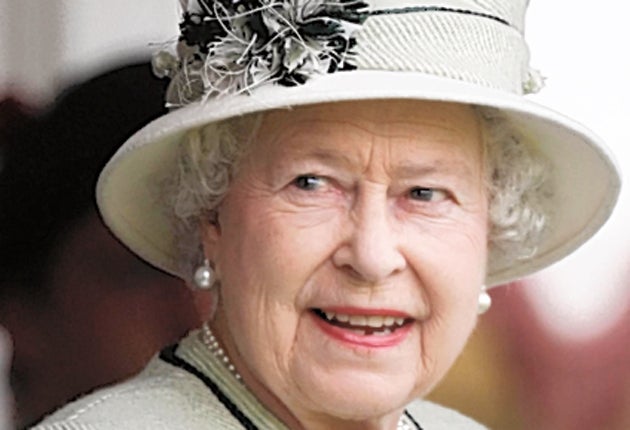The Timeline: Taxation

The Napoleonic wars
The first British income tax arrived in 1799 under William Pitt the Younger. A temporary means to stave off Napoleon, it was applied at a rate of 10 per cent on total income and paid in six equal installments. A year after Napoleon was defeated, income tax was repealed to "a thundering peal of applause" in Parliament. All documents connected with it were collected, cut into pieces and pulped.
Peel, Gladstone and Disraeli
Tax made a surprise return in 1842 under Conservative Prime Minister Sir Robert Peel. Peel sought only to tax those with incomes above £150, and he reduced customs duties. The less wealthy benefited, and trade revived. The second half of the 19th century was dominated by Benjamin Disraeli and William Ewart Gladstone. Both campaigned for the abolition of income tax, but neither managed to achieve it. The issue dominated the 1874 election, with The Times proclaiming that "it is now evident that whoever is Chancellor... income tax will be abolished". Disraeli won, but tax stayed.
A new way of thinking
The Liberals won the 1905 election thanks to a pact with Labour, and a new way of thinking came about. Tax was seen as a way of supporting the people. In 1907, Chancellor Herbert Asquith introduced "differentiation," taxing less on earnings than on investments. Lloyd George, meanwhile, introduced non-contributory old-age pensions and, in the "People's Budget" of 1909, plans for a super-tax for the rich.
First World War
At the start of the war income tax sat at 6 per cent. By 1918, it had risen to 30 per cent. Meanwhile, an excess profits duty raised revenue and removed the excessive profits firms had made from the war effort. With this and other tax changes, the total collected rose to over £580m – 17 times the 1905 figure. Tax was very much a part of daily life.
Second World War
The outbreak of the Second World War prompted immediate revenue raising measures, with finance framed as "the fourth arm of defence." In 1939, the standard rate of income tax was 29 per cent. By 1944-45 it was 48 per cent for incomes over £20,000. An excess profits tax introduced for business raised further revenue, though was repealed in 1946.
Post-war Pay-As-You-Earn
The growing number of taxpayers during the war led to the more efficient Pay-As-You-Earn system from 1944. Tax began to be deducted by employers, and a worker leaving work was given a P45. The National Health Service was introduced in 1948, and, with the rise of the Welfare State, tax provisions changed. Corporation tax and capital gains tax were introduced, along with value added tax to replace purchase tax. In 1992, the Queen began to pay tax on her income.
Join our commenting forum
Join thought-provoking conversations, follow other Independent readers and see their replies
Comments